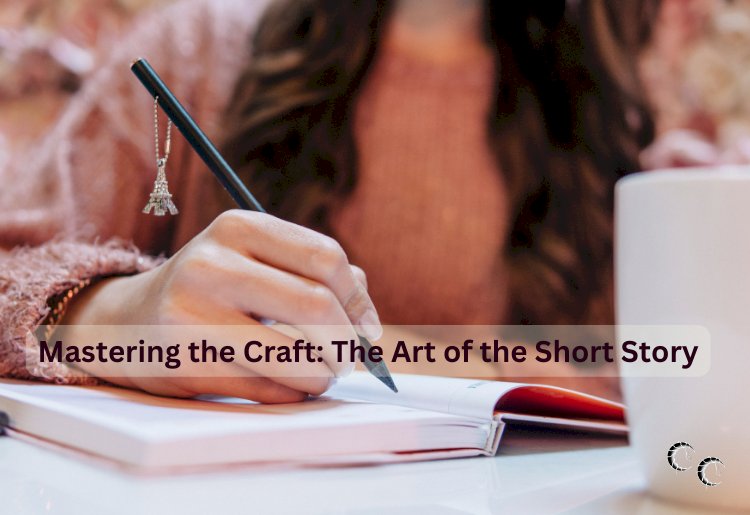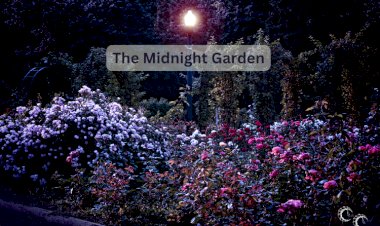Mastering the Craft: The Art of the Short Story

Short stories are like literary gems, compact yet dazzling in their impact. Crafting these miniature masterpieces requires a unique set of skills and techniques to captivate readers and leave a lasting impression. Here's a guide to help you unlock the secrets of the short story and hone your craft:
-
Start with a Strong Idea: Every great short story begins with a compelling idea or concept. Whether it's a character-driven narrative, a thought-provoking theme, or a twisty plot, choose a concept that grabs readers' attention from the outset.
-
Focus on Character or Theme: Short stories often excel in exploring a single character's journey or delving deep into a specific theme or idea. Keep your focus narrow and concise, allowing readers to connect with your protagonist or engage with the central theme on a profound level.
-
Create a Powerful Opening: In the limited space of a short story, the opening lines are crucial for hooking readers and drawing them into the narrative. Craft a captivating opening that sets the tone, establishes the setting, and introduces the central conflict or premise.
-
Embrace Conciseness: Short stories thrive on brevity and precision. Cut unnecessary exposition and focus on delivering concise, evocative prose that packs a punch. Every word should serve a purpose, driving the narrative forward and enriching the reader's experience.
-
Develop a Compelling Conflict: Conflict lies at the heart of every engaging story. Whether it's internal strife, interpersonal tension, or external obstacles, ensure your short story features a compelling conflict that keeps readers invested and eager to see how it unfolds.
-
Experiment with Structure: Short stories offer ample opportunities for experimentation with narrative structure. Play with nonlinear timelines, unconventional perspectives, or fragmented narratives to create intrigue and surprise your readers.
-
Craft a Satisfying Resolution: While short stories may leave some questions unanswered or open-ended, it's essential to provide a sense of closure or resolution by the story's end. Tie up loose ends, offer insights or revelations, and leave readers with a lasting impression.
-
Edit Ruthlessly: The editing process is where the magic of the short story truly happens. Revise your work with a critical eye, focusing on refining language, tightening pacing, and strengthening characterization. Cut any extraneous details or passages that don't contribute to the story's overall impact.
-
Seek Feedback: Share your short story with trusted beta readers, writing groups, or mentors to gain valuable feedback and perspective. Listen to constructive criticism and be willing to revise and refine your story based on their insights.
-
Read Widely: Immerse yourself in the world of short fiction by reading a diverse range of short stories across genres and styles. Pay attention to how different authors craft their narratives, develop characters, and evoke emotion, and use these insights to inform your own writing.
With practice, patience, and dedication, you can master the art of the short story and craft miniature masterpieces that resonate with readers long after they've turned the final page. So, pick up your pen, unleash your imagination, and embark on the exhilarating journey of storytelling in its most condensed and powerful form.






























